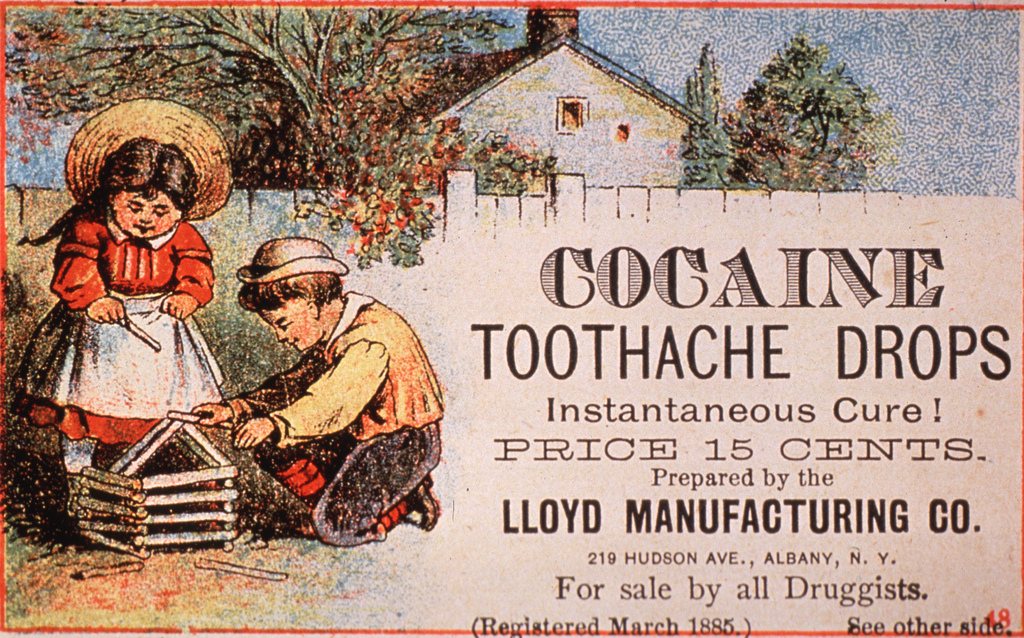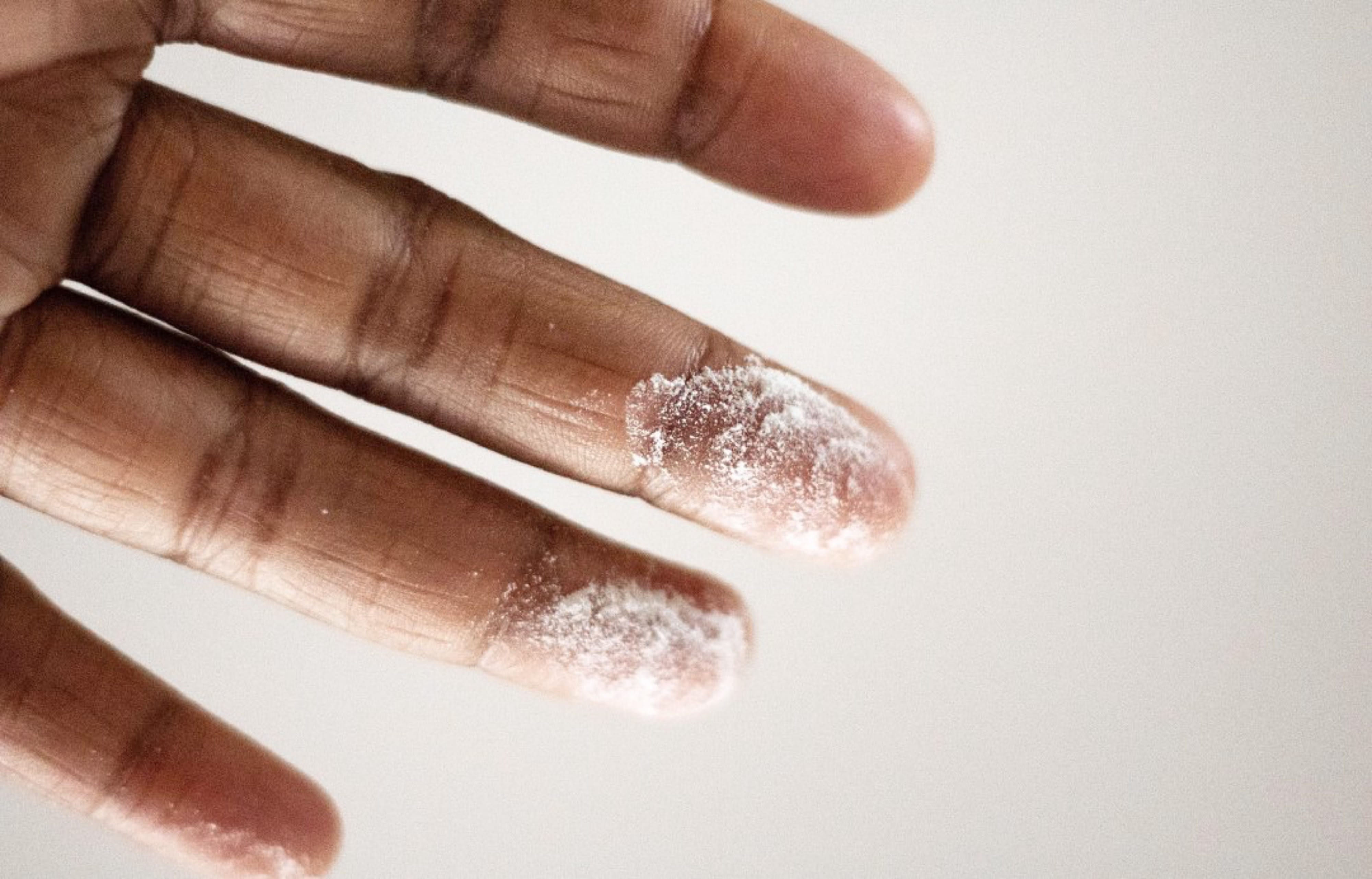With ongoing legalization trends both in Mexico and Canada, what about America? It might surprise you to know that prescription cocaine is legal in the United States.
When we think about drug decriminalization and legalization, these conversations are normally dedicated to marijuana legalization in America. It’s common for people both for and against marijuana legalization to cite other countries that have legalized the drug to some degree to prove their case. However, many of us are unaware that the same trend has begun for a drug that has not had the same level of legal support until recently: cocaine. Here’s how the growing impact of cocaine legalization is affecting other countries and what it means for the United States.
Once Upon a Time in America
Imagine opening up your Sears catalog and finding a wonderful deal: one syringe and a small amount of cocaine for only $1.50. You might expect to find this kind of deal on the dark web today, but can you imagine finding this kind of advertisement on our modern-day equivalent, Amazon (and with free two-day shipping)?
It turns out that this is not a hypothetical situation. Instead, this was the true experience of Americans as they opened their Sears catalogs in the 1890s. In fact, cocaine availability was anything but limited to Sears. The drug frequently appeared in drug stores and even in the ingredients of some wines and the original Coca-cola soft drink. All that changed in 1914 when the Harrison Act passed, banning cocaine along with opiates.
Things were much different back then in America, with the prohibition of alcohol following suit in 1920 yet lasting for just over a decade. Today, it seems difficult to imagine a world where alcohol is illegal, and perhaps the same can be said of a world where cocaine is legal. Alcohol legalization has stayed fairly stable internationally, except for around 14 countries that have outlawed alcohol. However, we no longer have to imagine when and if the world will change gears on cocaine legalization. We’re already living in that world.

International Legalization Revolution
While no countries allow for unprohibited cocaine use, sale, transport, and cultivation, various countries have begun allowing cocaine more and more legal status. Cocaine comes from the coca plant, native to Bolivia, Peru, and Colombia. While the selling and transportation of cocaine are illegal in these countries, they allow for the cultivation of the coca plant. Peru uses coca leaves as a staple of various consumables, and you can legally possess a few grams of cocaine for personal use. The same can be said of Colombia, where personal possession is legalized, and the government has even recently considered overseeing the entire cocaine industry.
But the legalization trend is not limited to the home turf of cocaine cultivation. Argentina decriminalized personal drug consumption in 2009, and Mexico saw its first recreational approval for two users in 2019. With the southern portion of North America changing legal sentiments toward cocaine, the northern portion followed suit soon after, with Canada decriminalizing cocaine along with other drugs, starting on January 31, 2023. This instance in Canada is a bit tricky because the drugs still remain illegal, but possession of up to 2.5 grams of both stimulants and opioids will not result in any legal charges or arrests.
Is America Next?
With ongoing legalization trends both in Mexico and Canada, what about America? It might surprise you to know that prescription cocaine is legal in the United States. Federally speaking, possession of cocaine in any amount without a prescription is a crime punishable under law. But it might surprise you much more to know that during the drama of the 2020 presidential election and the infatuation with the COVID-19 epidemic, a very significant measure passed, namely, Oregon’s drug decriminalization. This drug initiative is said to allow people arrested for possessing small amounts of hard drugs like cocaine to avoid trial and jail time by paying $100 and attending an addiction recovery program.
It’s important to note that this trend of decriminalization is the same trend seen in marijuana possession before it began seeing widespread legalization in various states across the country. It begs the question: will we see this same trend happen with cocaine?
Cocaine might be considered a safer option compared to other stimulant drugs like meth, especially because its effects are shorter than meth and other stimulants. However, this causes many users to binge cocaine use, which heightens the possibility of an overdose. The negative impact of cocaine is undeniable, and legalization can never make a drug safe to use; it can only remove the judicial elements associated with the drug.
Sources:
Delphi Health Group. (n.d.). Guide to Cocaine Addiction and Treatment. Retrieved https://delphihealthgroup.com/stimulants/cocaine/
History. (2017, May 31). War on Drugs. Retrieved https://www.history.com/topics/crime/the-war-on-drugs
ACLU. (n.d.) Against Drug Prohibition. Retrieved https://www.aclu.org/other/against-drug-prohibition
Delphi Health Group. (n.d.). Opioid Addiction and Treatment. Retrieved https://delphihealthgroup.com/opioids/
Britannica. (2022 May 7). Prohibition. Retrieved https://www.britannica.com/event/Prohibition-United-States-history-1920-1933
World Population Review. (n.d.). Countries Where Alcohol Is Illegal 2022. Retrieved https://worldpopulationreview.com/country-rankings/countries-where-alcohol-is-illegal
DEA. (2020, April). Cocaine Drug Fact Sheet. Retrieved https://www.dea.gov/sites/default/files/2020-06/Cocaine-2020_1.pdf
Lima Easy. (2022 May 2). Drugs and Other Illegal Substances in Peru. Retrieved https://www.limaeasy.com/peru-guide/safety-security-travel-advice-series-peru/drugs-and-other-illegal-substances-in-peru
Vice. (2020 Dec 1). Colombia is Considering Legalizing its Massive cocaine Industry. Retrieved https://www.vice.com/en/article/epdv3j/colombia-is-considering-legalizing-its-massive-cocaine-industry
BBC. (2019 Aug 21). Mexico Judge Approves Recreational Cocaine for Two Users. Retrieved https://www.bbc.com/news/world-latin-america-49416357
BBC. (2022 June 1). Canada Trials Decriminalizing Cocaine, MDMA, and Other Drugs. Retrieved https://www.bbc.com/news/world-us-canada-61657095
Delphi Health Group. (n.d.). Guide to Drug Addiction: Symptoms, Signs, and Treatment. Retrieved https://delphihealthgroup.com/addiction/
Criminal Defense Lawyer. (n.d). Cocaine Possession. Retrieved https://www.criminaldefenselawyer.com/resources/criminal-defense/crime-penalties/cocaine-possession.htm
Delphi Health Group. (n.d.). Oregon Drug Decriminalization 2020: Will This Make Addiction Problems Worse? Retrieved https://delphihealthgroup.com/blog/oregon-drug-decriminalization/
CBS News. (2020 Nov 4). Oregon Becomes the First State to Decriminalize Hard Drugs Like Cocaine and Heroin. Retrieved https://www.cbsnews.com/news/oregon-first-state-decriminalize-cocaine-heroin-measure-109/
Delphi Health Group. (n.d.). Stimulant Addiction. Retrieved https://delphihealthgroup.com/stimulants/
Delphi Health Group. (n.d.). Can Cocaine Kill You? Retrieved https://delphihealthgroup.com/blog/can-cocaine-kill-you/


Join the conversation!